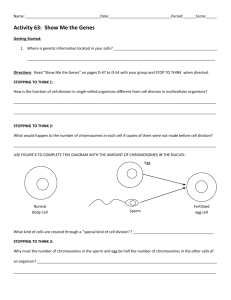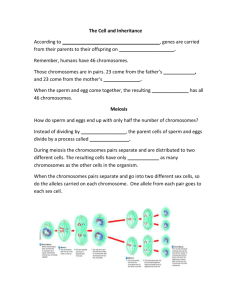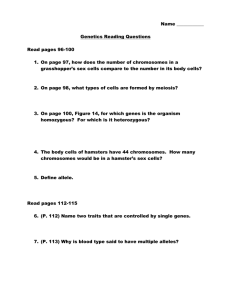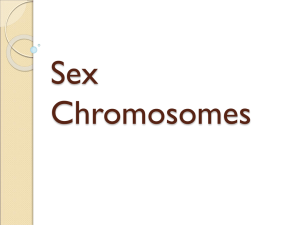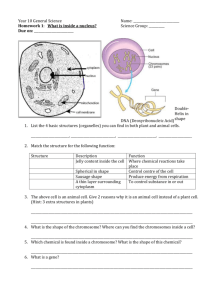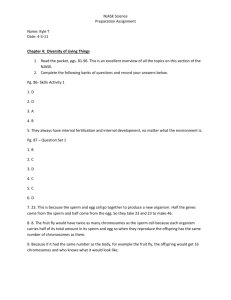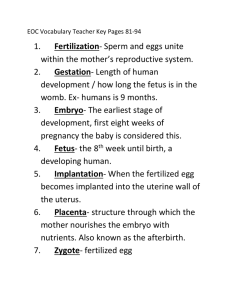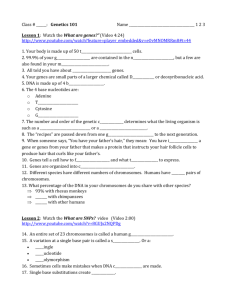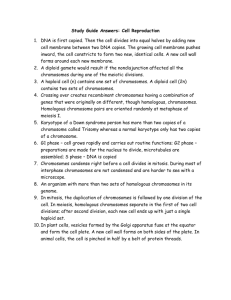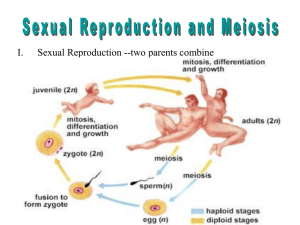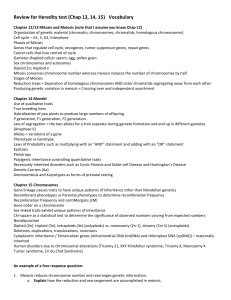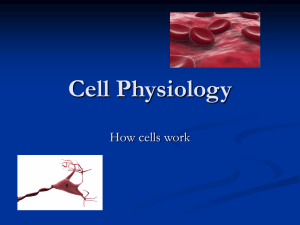Activity 63-Show Me the Genes (answers)
advertisement
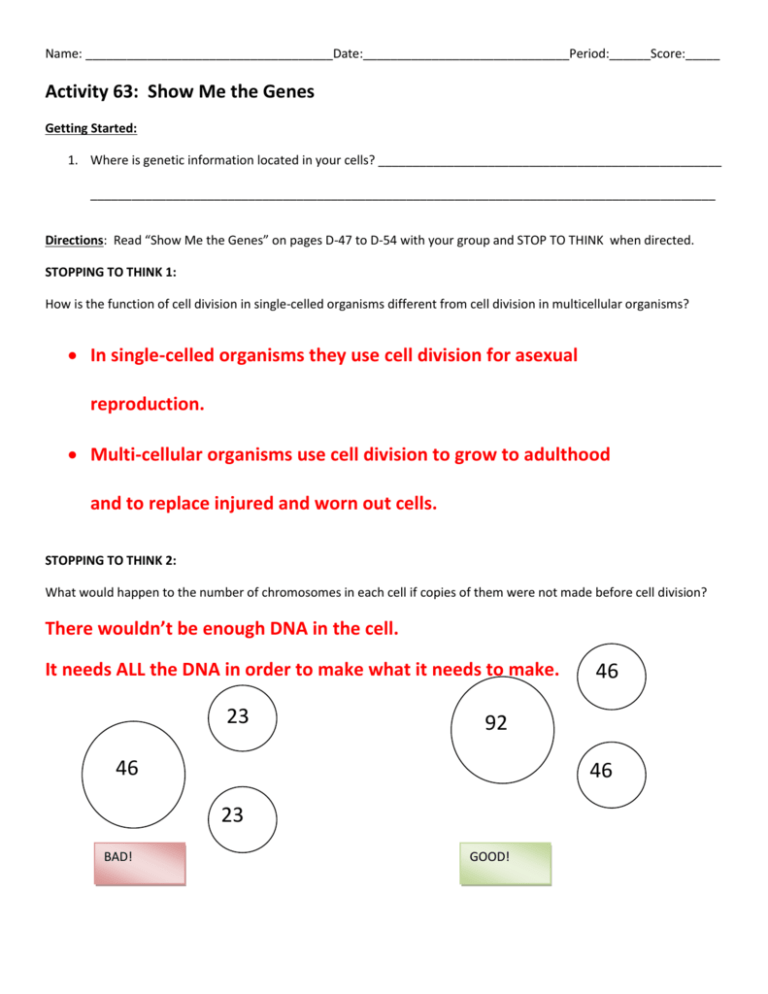
Name: ____________________________________Date:______________________________Period:______Score:_____ Activity 63: Show Me the Genes Getting Started: 1. Where is genetic information located in your cells? __________________________________________________ ___________________________________________________________________________________________ Directions: Read “Show Me the Genes” on pages D-47 to D-54 with your group and STOP TO THINK when directed. STOPPING TO THINK 1: How is the function of cell division in single-celled organisms different from cell division in multicellular organisms? In single-celled organisms they use cell division for asexual reproduction. Multi-cellular organisms use cell division to grow to adulthood and to replace injured and worn out cells. STOPPING TO THINK 2: What would happen to the number of chromosomes in each cell if copies of them were not made before cell division? There wouldn’t be enough DNA in the cell. It needs ALL the DNA in order to make what it needs to make. 23 92 46 46 23 BAD! 46 GOOD! Name: ____________________________________Date:______________________________Period:______Score:_____ USE FIGURE 6 TO COMPLETE THIS DIAGRAM WITH THE AMOUNT OF CHROMOSOMES IN THE NUCLEII: Note: The process by which you get ½ the amount of chromosomes in the sex cells is Meiosis! 46 Egg 23 23 Normal Sperm Body Cell What kind of cells are created through a “special kind of cell division”? Sex cells 46 Fertilized egg cell STOPPING TO THINK 3: Why must the number of chromosomes in the sperm and egg be half the number of chromosomes in the other cells of an organism? Because when they come together, they have to have 46—the required amount of chromosomes in a cell. STOPPING TO THINK 4: Consider two children with the same two parents. Would you expect them to have the same sets of chromosomes? Explain why or why not. No, the probability of the allele’s forming genes the exact same way is VERY small. STOPPING TO THINK 5: How exactly does a mutation change the form of an organism? When do such mutations occur? It depends on where the mutation happens! Some can be “good”, others can cause cancer, some don’t allow the fetus to grow. Name: ____________________________________Date:______________________________Period:______Score:_____ Class Discussion: Using the diagram your teacher shows you, complete the mitosis diagram below with description and chromosomes: Step 1 Step 2 Step 3 Step 6 Step 4 Step 5 Using the diagram your teacher shows you, complete the meiosis diagram below with description and chromosomes: Step 5 Step 1 Step 2 Step 3 Step 4
